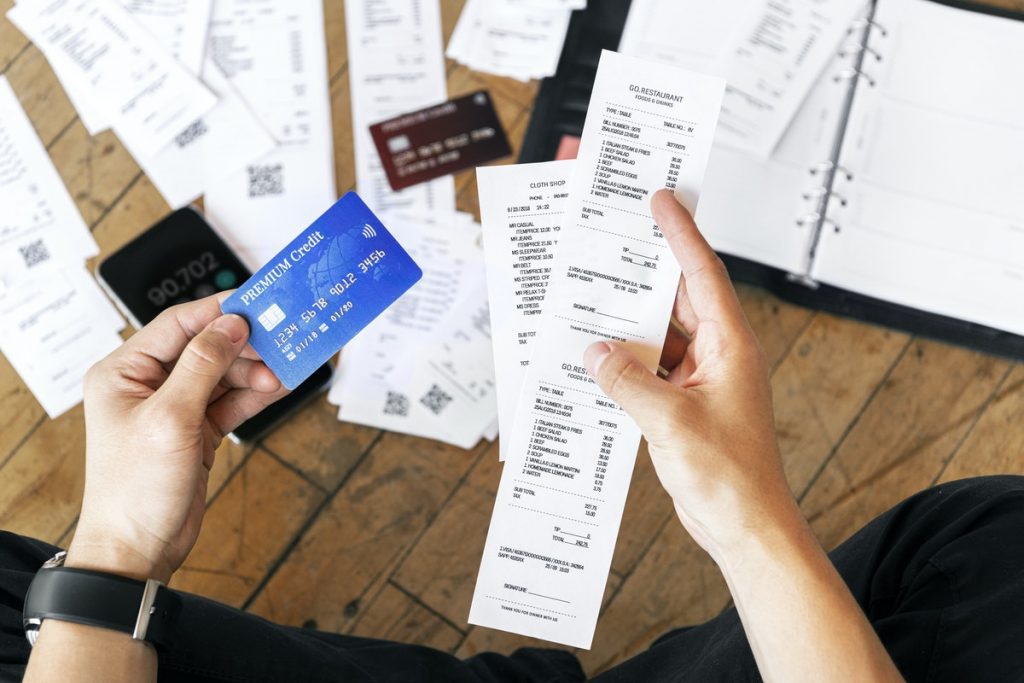There are many benefits to having a budget. People without one are basically people with no plan for their money. Those with a budget can save for their future. They can use it as a guide to making smarter decisions with their money.
Table of Contents
Tools to Make Budgeting Easy Peasy
Don’t think that making a budget is complicated or requires paper, a pencil, and a calculator. There are now budgeting apps that people can download to their smartphones and use on the go. These apps are simple, fast, accurate, and can help people get their finances in order. A great resource for learning about these budgeting tools is the King of Kash blog.
Categories for Budgeting
Those that are beginners may not know what types of categories go into a budget. A benefit of using a budgeting app is that they may have a list of common categories set up for a person to use. Common budgeting categories include:
- Housing, such as rent or a mortgage payment
- Home insurance
- Utilities like water, electricity, trash, and gas
- Food categories, such as groceries and eating out
- Auto payments
- Gas for vehicles
- Medical insurance
- Medical and dental costs, such as the costs for co-pays and medications
- Auto insurance
- Credit card and loan payments
- Child care costs
- Entertainment
- Cable or TV services
- Internet
- Cellphone service
- Clothing, shoes, and makeup
- Haircuts
- Educational expenses, such as private school payments, college tuition, or textbooks
- Savings for future purchases of big-ticket items
- Savings for emergencies
It’s important to note that a person may not use all of these categories. Only use the ones that apply. Some people may have additional categories that didn’t make this list, which is to be expected. Many apps let users add additional categories they need and delete budgeting categories that they won’t use.
Know Where the Money Went

Having a budget means that a person can look back and see where they spent their money. They can see how much they spent eating out, how much they spent on groceries, clothing, medical bills, and more. If they feel like they are missing money, they can analyze their budget and bank account to track the discrepancy.
Stop Feeling Broke
Even with a great-paying job, some people feel like they never have any money. If they used a budgeting app, these people could finally get a handle on their spending. Again, they could see where their money has gone in the past and redirect their future money so that they don’t feel like they’re broke all of the time.
Stop Spending That Rent Money Accidentally
Having a budget keeps people’s spending in check. Maybe a group of friends is going out for a night on the town. A person with one can check and see how much they budgeted for fun and entertainment, how much they have already spent out of that category, and how much they can spend on their night out. This also keeps people from overspending and spending money that was supposed to be for other things, like rent.
Start Saving for the Future

People with a budget are smart financially because they can use the budget to save money for their future. People who budget and save can pay cash for things like cars, vacations, weddings, educational expenses, a dream house, and more. Budgeting can also allow people to save for their retirement, which typically requires a lot of money.
Save for Big Ticket Items
A budget allows a person to plan ahead for big-ticket items. For example, someone who knows that they want to upgrade their television can put aside money every paycheck until they can make the purchase. This keeps people from having to use credit cards and pay interest on the purchase.
The Right Way to Save
Budgeting experts tell people to look at the way that they save. Is the person setting up their budget, and then whatever they have left goes into savings? According to money moguls, this is backward.
Experts say the first thing a person should do is take the money they want to save out of their funds and then make their budget. Saving needs to be a priority, and taking the savings out first should be the first step to successful budgeting. Budget with what is left. This way, people “pay themselves first,” and end up saving a lot more than they normally would.
Make Saving Automatic
People can also make saving money an automatic process. Many banks will move a set dollar amount from a person’s checking account to their savings account on a specific day of the month. Other banks will round up debit card purchases made by the consumer and move that change to a person’s savings accounts. This means if a person spends $1.10 on coffee, the bank can round up to $2 and move the 90 cents to the person’s savings account.
Follow the Budget

Once it is made, a person should follow it. If, while following the budget, a person realizes they need more money in one category and less in another, they can make those adjustments, but they need to follow their budget again. A budget only works for those who stick to it.
Budgeting does no good for those who don’t follow it. Keep in mind that if overspending happens this week, it can mean cutting back next week to help the budget balance out. It’s always easier to follow the money plan as written than to cut out coffees and shop the next week to make up for overspending in the present. Follow the budget. It will be worth the effort.
In conclusion, everyone should have a budget, including children. They are spending plans that can help people reach their financial dreams. They are also great for helping people save for the things they want. Financially smart people make one and then follow it.
Featured Image by rawpixel.com



